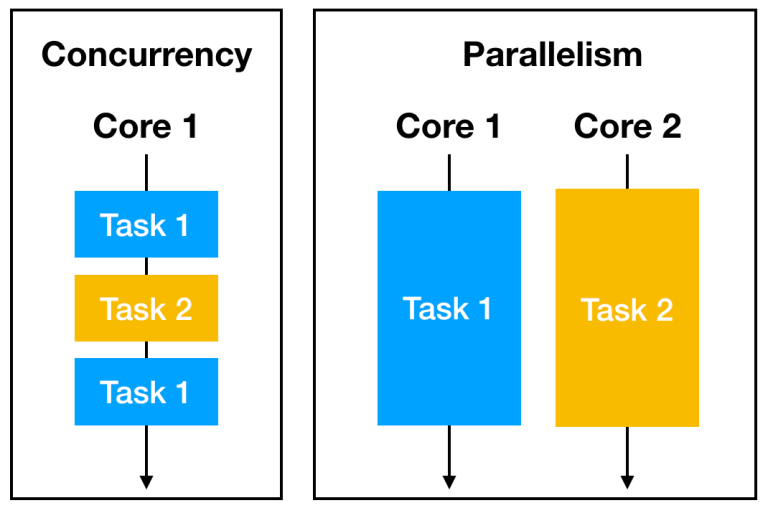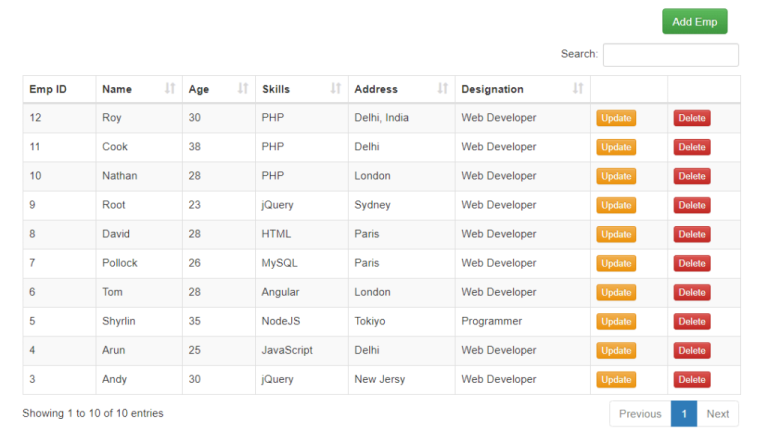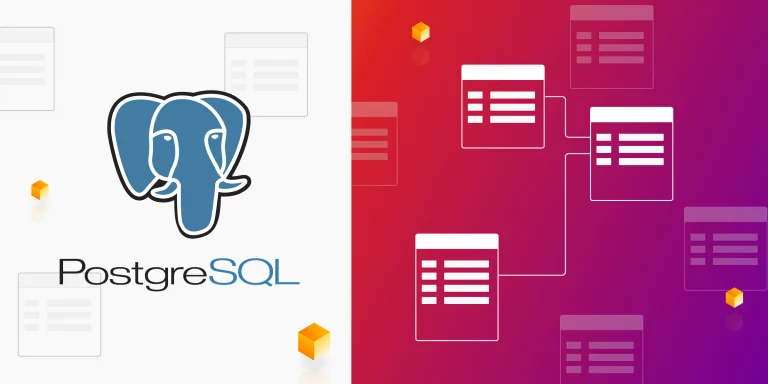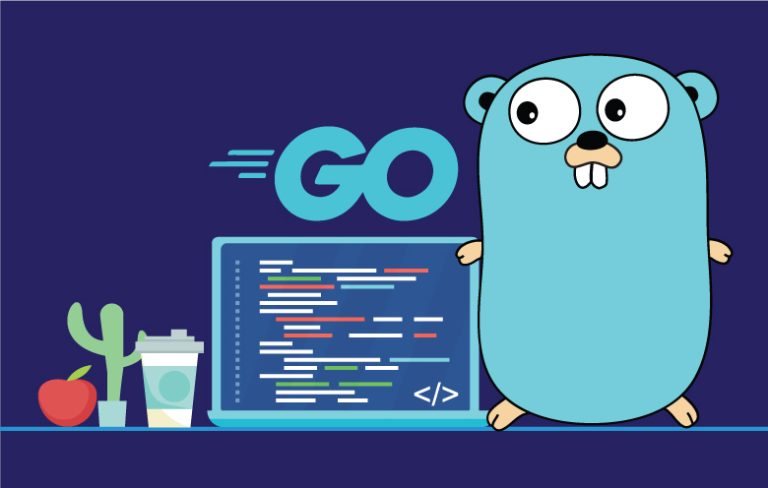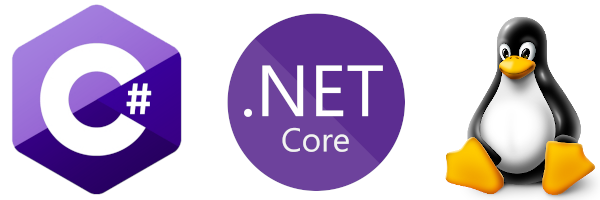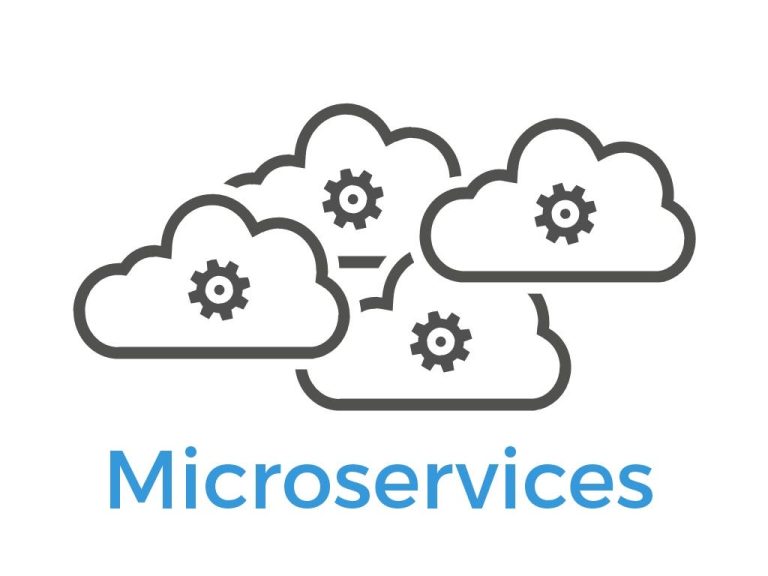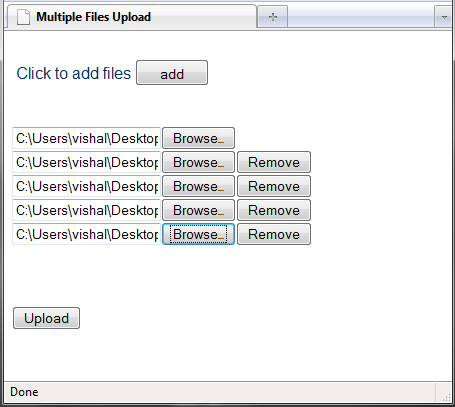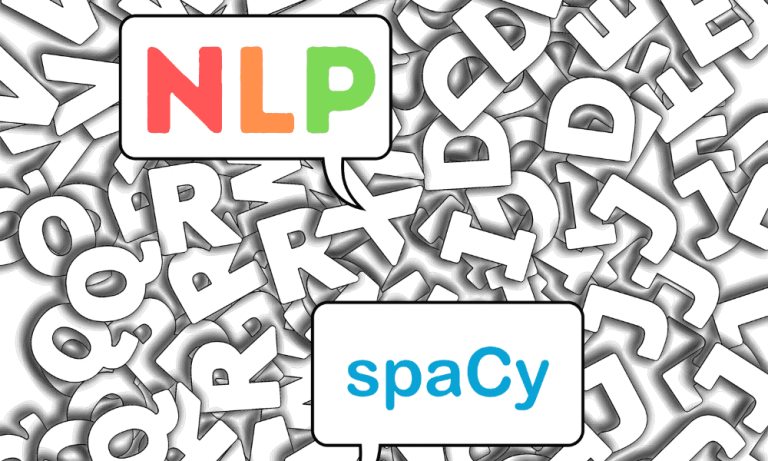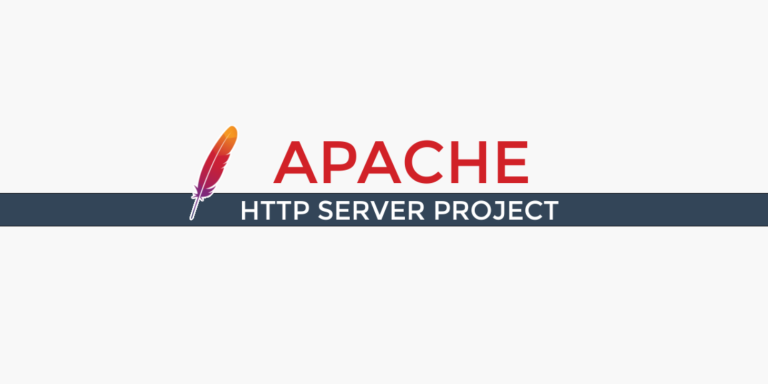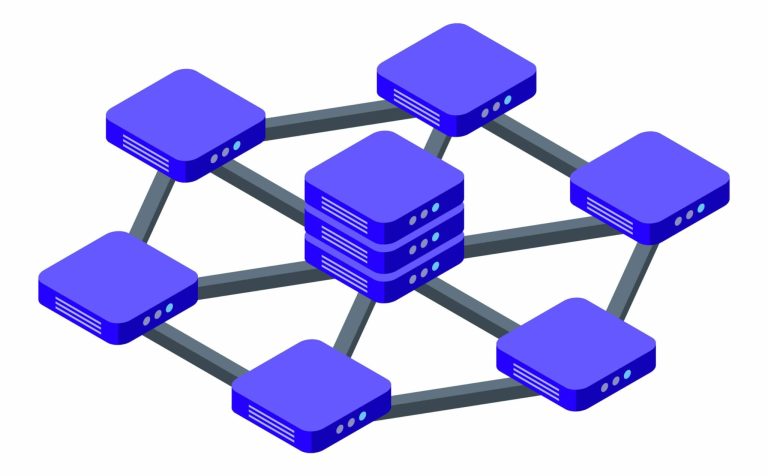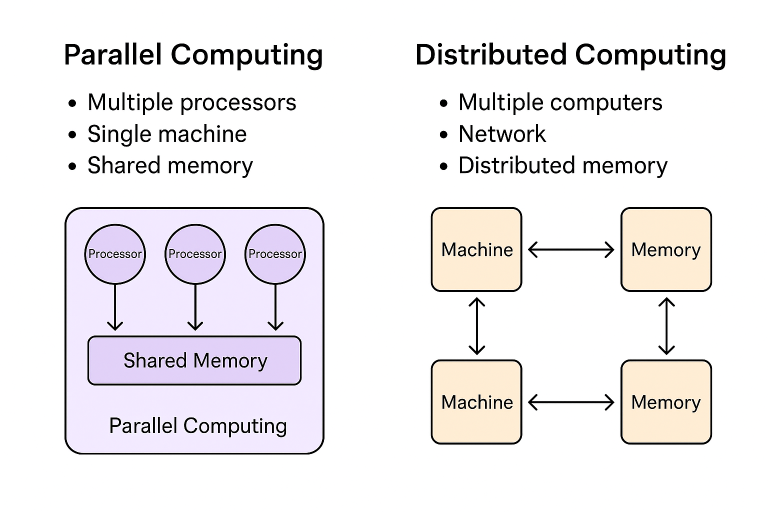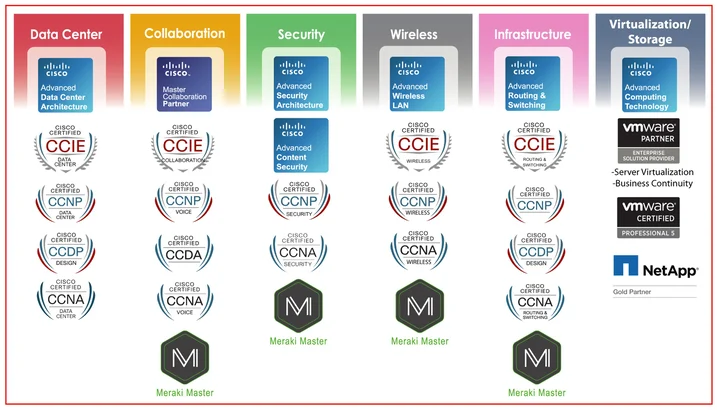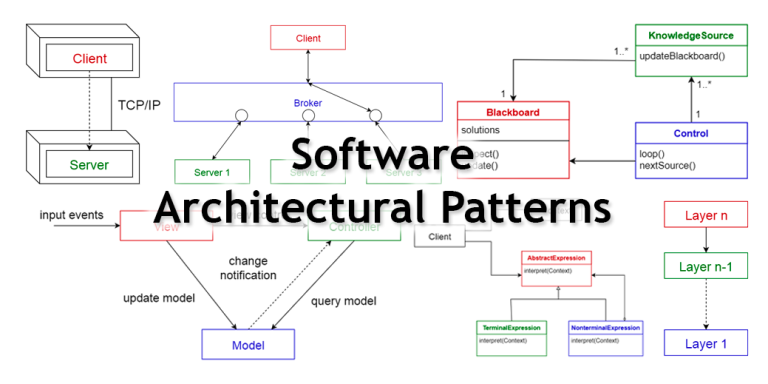Python, known for its simplicity and versatility, has a vibrant open source ecosystem. From web frameworks to machine learning libraries, open source Python projects contribute to a thriving community. In this article, we’ll delve into the top 10 open source Python projects that have had a significant impact on the programming landscape.
**1. *Django:*
- Overview: Django is a high-level web framework that encourages rapid development and clean, pragmatic design. It follows the “don’t repeat yourself” (DRY) principle and promotes reusable components.
- Key Features:
- Built-in admin interface
- Object-Relational Mapping (ORM)
- URL routing and view system
- Template engine
- GitHub Repository: Django
**2. *NumPy:*
- Overview: NumPy is a fundamental package for scientific computing in Python. It provides support for large, multi-dimensional arrays and matrices, along with mathematical functions to operate on these arrays.
- Key Features:
- Powerful N-dimensional array object
- Broadcasting for array operations
- Linear algebra and statistical functions
- GitHub Repository: NumPy
**3. *Requests:*
- Overview: Requests is a simple and elegant HTTP library for Python. It abstracts the complexities of making HTTP requests and simplifies tasks such as sending GET and POST requests.
- Key Features:
- User-friendly API
- Support for sessions and cookies
- Customizable request headers
- GitHub Repository: Requests
**4. *Flask:*
- Overview: Flask is a lightweight web framework that is easy to use and extensible. It follows the principles of simplicity and minimalism, making it an excellent choice for small to medium-sized web applications.
- Key Features:
- Built-in development server
- Jinja2 template engine
- URL routing and view system
- GitHub Repository: Flask
**5. *TensorFlow:*
- Overview: TensorFlow is an open-source machine learning library developed by Google. It provides a comprehensive ecosystem of tools, libraries, and community resources for building and deploying machine learning models.
- Key Features:
- Deep learning capabilities
- Flexible architecture for model development
- TensorFlow Serving for model deployment
- GitHub Repository: TensorFlow
**6. *Matplotlib:*
- Overview: Matplotlib is a 2D plotting library for Python. It enables the creation of static, animated, and interactive visualizations in Python scripts, web applications, and more.
- Key Features:
- Support for various plot types
- Customizable plot styling
- Integration with Jupyter notebooks
- GitHub Repository: Matplotlib
**7. *PyTorch:*
- Overview: PyTorch is an open-source machine learning library developed by Facebook. It is known for its dynamic computational graph, making it more intuitive for building complex models.
- Key Features:
- Dynamic computational graph
- Neural network modules
- Extensive support for deep learning research
- GitHub Repository: PyTorch
**8. *Pandas:*
- Overview: Pandas is a powerful data manipulation and analysis library for Python. It provides data structures like DataFrame and Series, making it easy to handle and analyze structured data.
- Key Features:
- Data cleaning and preparation
- Data exploration and analysis
- Time-series functionality
- GitHub Repository: Pandas
**9. *Scikit-learn:*
- Overview: Scikit-learn is an open-source machine learning library that provides simple and efficient tools for data mining and data analysis. It is built on NumPy, SciPy, and Matplotlib.
- Key Features:
- Classification, regression, and clustering algorithms
- Model evaluation and validation tools
- Dimensionality reduction techniques
- GitHub Repository: Scikit-learn
**10. *Black:*
- Overview: Black is an opinionated code formatter for Python. It reformats code to a consistent style, helping maintain a clean and standardized codebase.
- Key Features:
- Automatic code formatting
- Configurable formatting options
- Integration with popular IDEs and editors
- GitHub Repository: Black
Conclusion:
The open source Python projects mentioned above cover a broad range of domains, from web development to machine learning and data analysis. They have not only shaped the Python ecosystem but also played a pivotal role in the broader development community. Exploring and contributing to these projects can provide valuable learning experiences and foster collaboration within the Python community.


